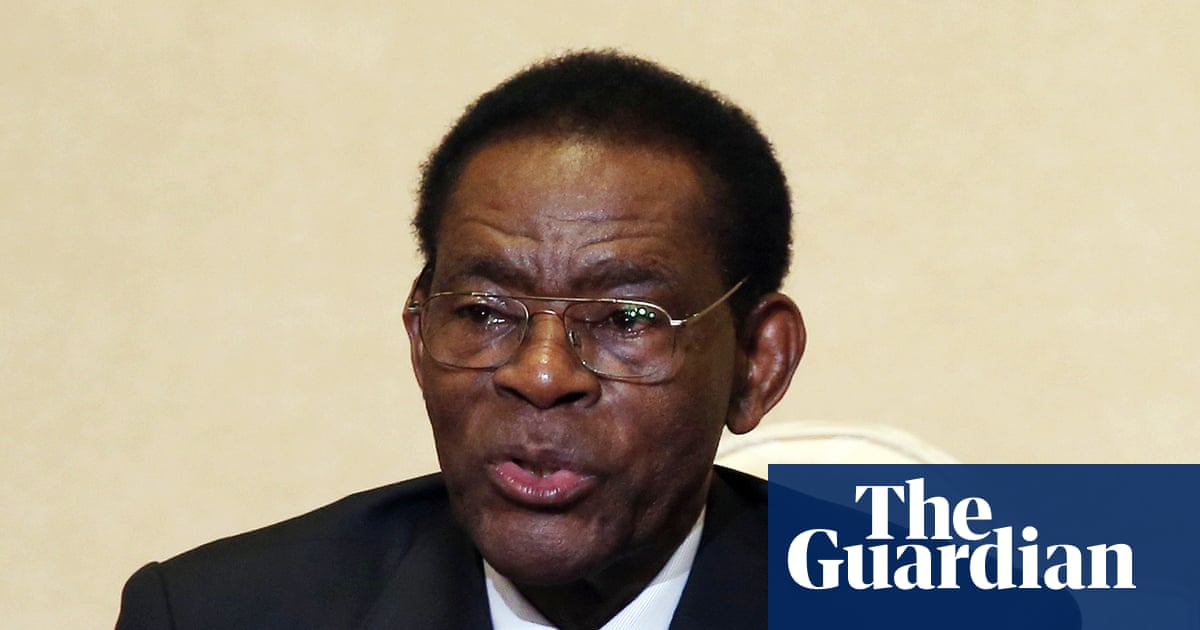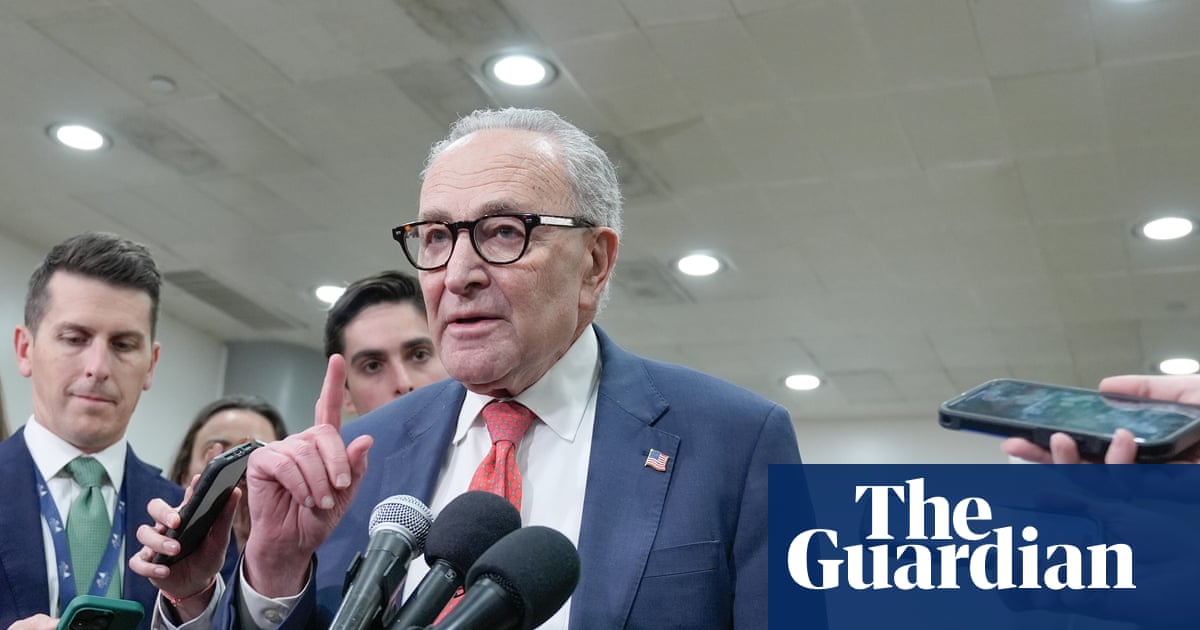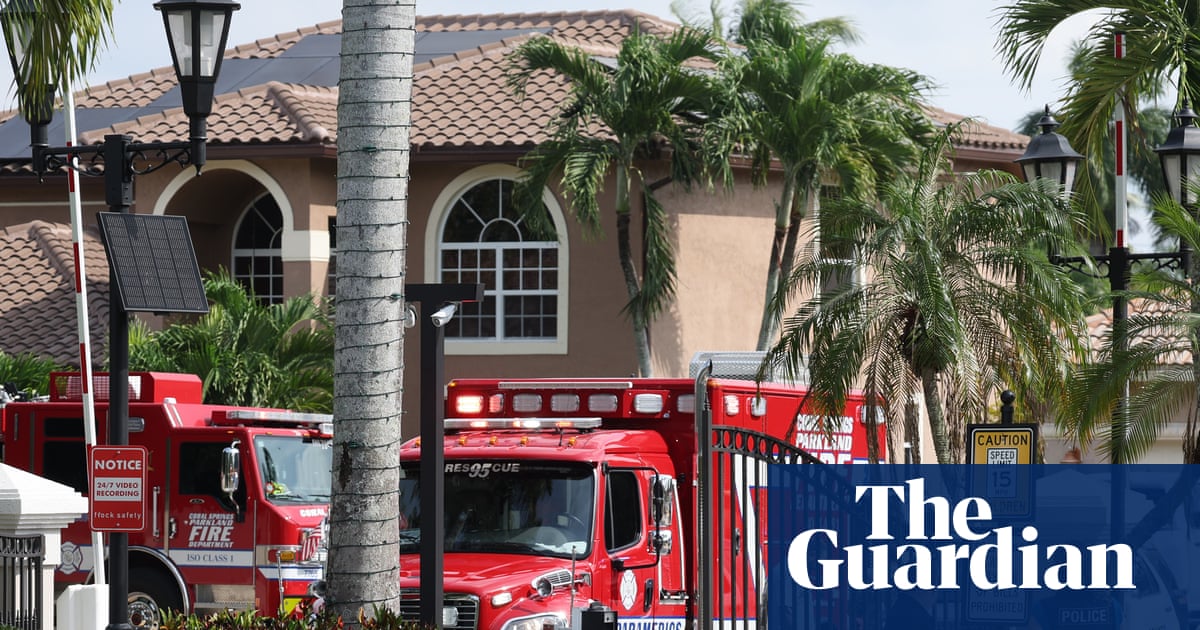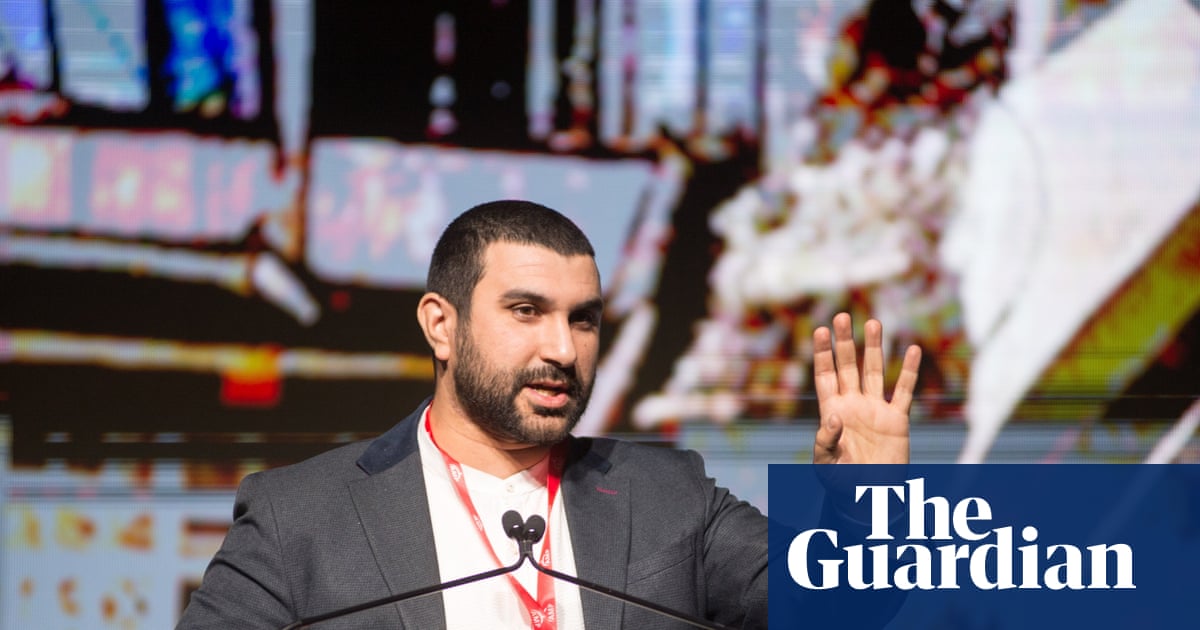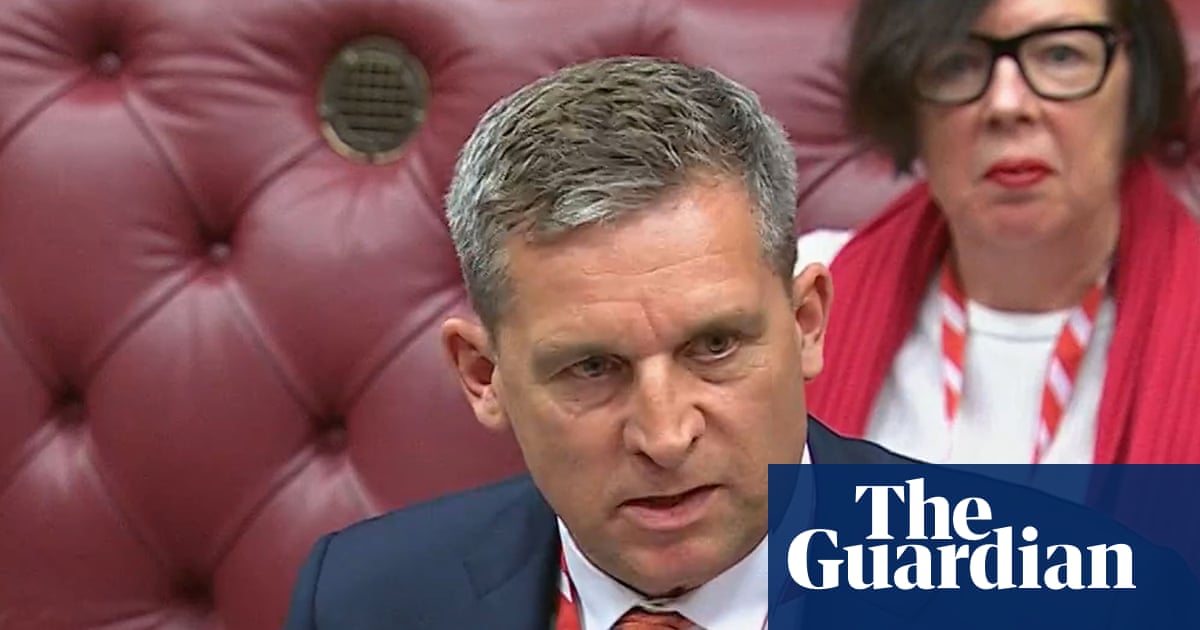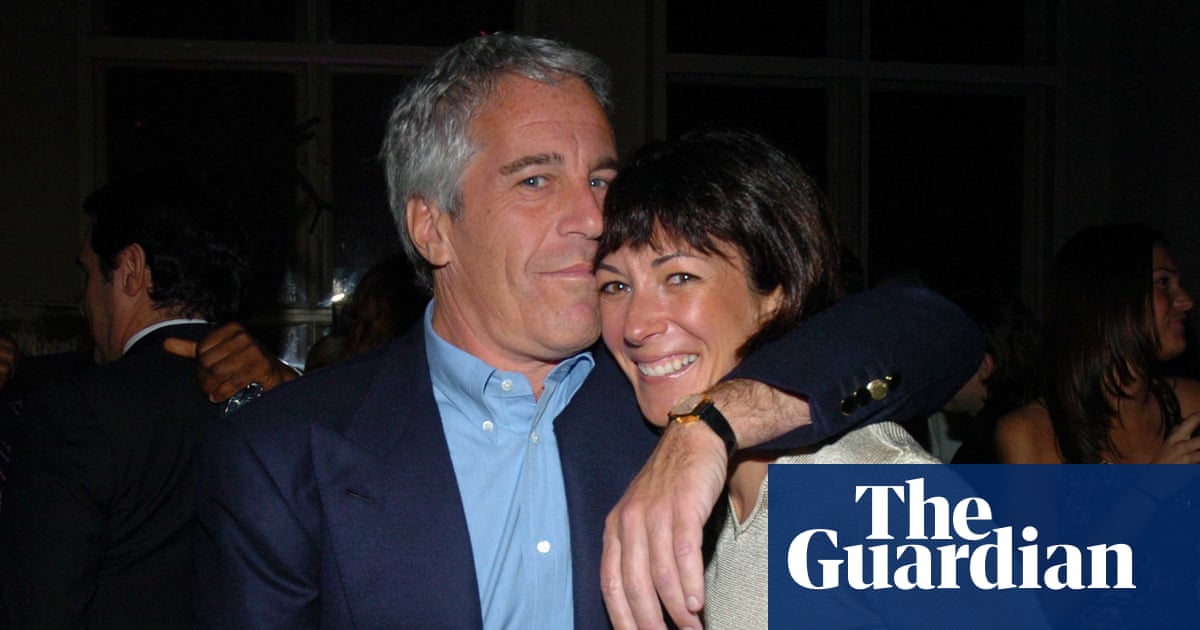President Trump has told Europe: “Your countries are going to hell” due to immigration (Report, 23 September). It might be the time for someone to remind him that the “hell” is the result of wars in the Middle East, a war in Afghanistan and conflicts in north and east Africa. Iraq, Syria, Lebanon, Libya, Sudan, Eritrea and Afghanistan are some of the countries where the US initiated, funded or clandestinely participated in fomenting mayhem and disaster. And may still be doing so.
How different this action might have been if those countries had overland routes to the US. Instead, it wreaked havoc because it was sitting comfortably 5,000 watery miles away, far from death and destruction. No overland route and no narrow waters for small boats.
Now its president points his finger at Europe and shakes his head in disbelief at the almost unsolvable conundrum we face, which was almost single-handedly created by the US. He and his predecessors are the architects of these disasters. Only someone cerebrally challenged would fail to recognise that and take steps to put it right.
Michael Newman
Shefford, Bedfordshire
In his address to the United Nations general assembly, Donald Trump portrayed climate agreements as a “globalist concept” that forces successful nations to “inflict pain on themselves.” This framing is deeply misleading. The real “pain” comes from failing to act: fires, floods, food shortages and widespread economic disruption are not abstract risks, but lived realities that will worsen without emissions reductions.
International agreements, far from being acts of self-punishment, are acts of solidarity and recognition of common responsibility. Industrialised nations, which built their prosperity on fossil fuels, have both the capacity and the obligation to lead the transition. Far from a burden, this shift is an opportunity – clean energy industries already create millions of jobs while preserving habitability for future generations.
Rejecting cooperation because it is “globalist” ignores the reality that the atmosphere has no borders. A politics of denial and isolation may sound defiant, but it leaves us all weaker in the face of this shared crisis.
Terry Hansen
Milwaukee, Wisconsin, US

 1 month ago
114
1 month ago
114
